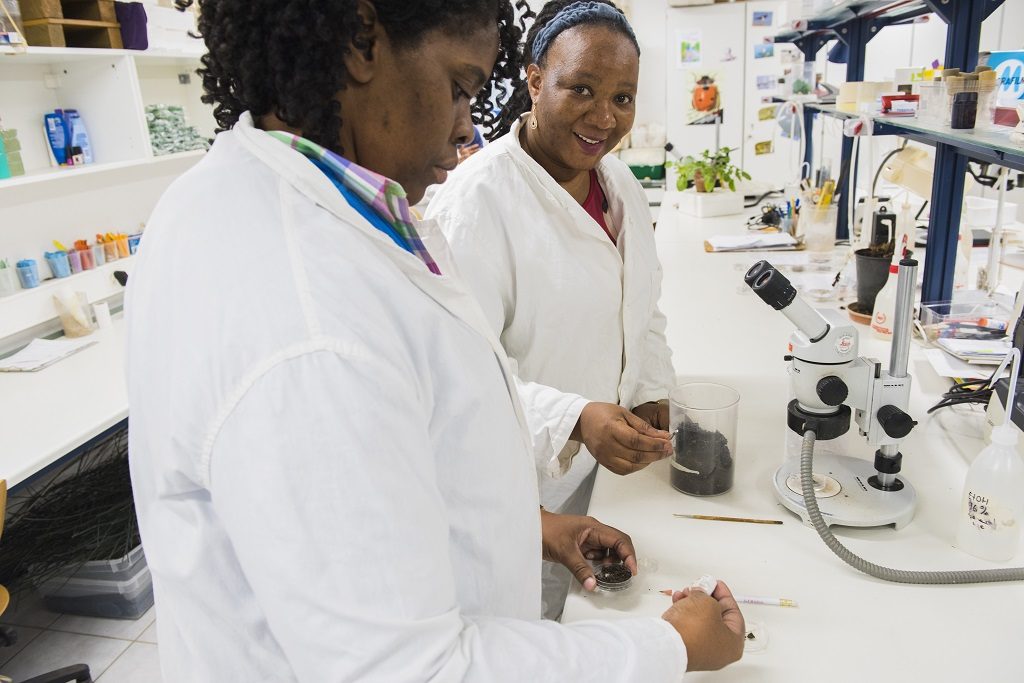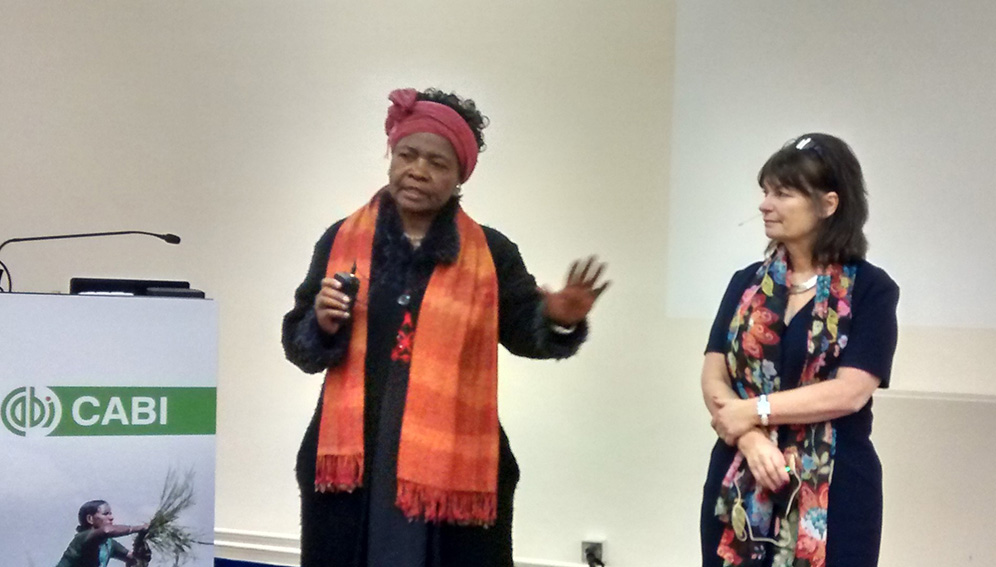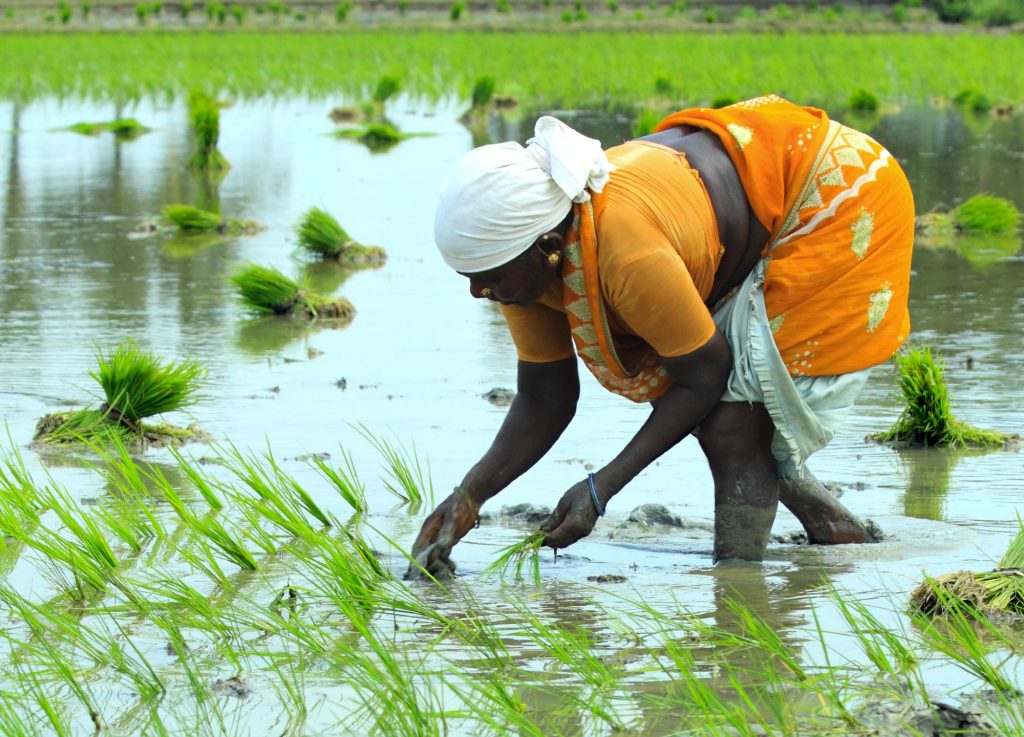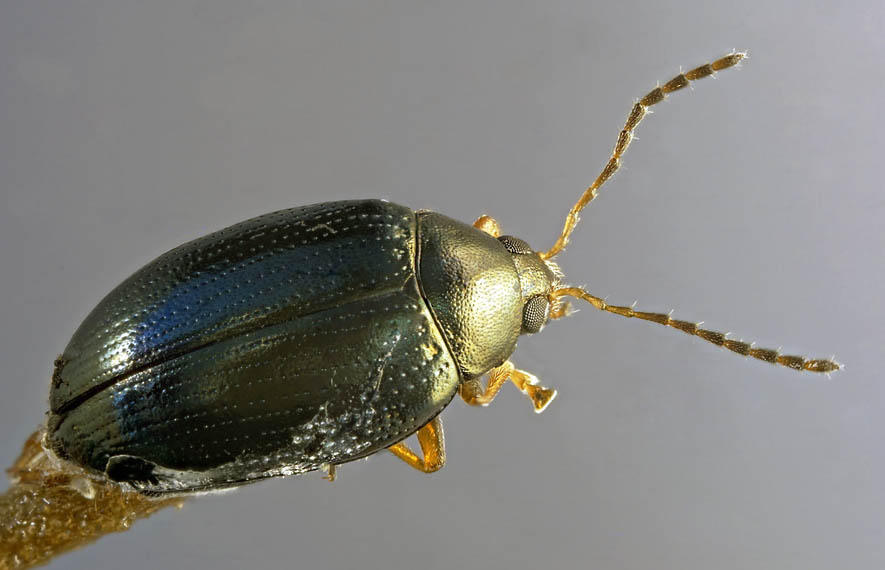Meet the ‘sorcerer’ and her ‘apprentice’ – just two of CABI’s trailblazing female scientists
To mark the UN’s International Day of Women and Girls in Science we take a look at how two generations of female scientists are coming together to tackle non-native invasive weeds and help reduce environmental degradation Meet the ‘sorcerer’ and her ‘apprentice’ Dr Carol Ellison, a plant pathologist at CABI, and Project Scientist and PhD…
“Work hard and always try to give your best. No matter what people say, always give your best”
To mark the UN International Day of Women and Girls in Science today (11 February 2019), we speak to some of CABI’s women working in science. In this blog Dr Yelitza Colmenarez, Director CABI Brazil Centre and Regional Coordinator for the Plantwise programme – Latin America and the Caribbean, reveals the motivation and inspiration behind her career in science…
“The future for women (in science) is ours to conquer”
To mark the forthcoming UN International Day of Women and Girls in Science (11 February 2019), we speak to some of CABI’s women working in science. In this blog Catherine Mloza Banda, a Development Communications Specialist – Invasive Species Management, reveals the motivation and inspiration behind her career in science communications and says ‘the future for women (in science)…
“I was and still am motivated by discoveries and surprises that come with science”
To mark the forthcoming UN International Day of Women and Girls in Science (11 February 2019), we speak to some of CABI’s women working in science. In this blog Lucy Karanja, a Content Manager, reveals the motivation and inspiration behind her career in science communications and says ‘women are all round scientists naturally’. What motivated…
Professors Ruth Oniang’o and Anne Glover: ‘Women need to understand power structures’
To mark the forthcoming UN’s International Day of Women and Girls in Science (11 February 2019), we look at a recent story covered by SciDev.Net in which CABI board members Professors Ruth Oniang’o and Anne Glover argue that women should challenge traditional power structures and ask for more transparency to get ahead in science and other fields…
There’s a new goal post for agriculture: it’s nutrition
By Shenggen Fan, Sivan Yosef, and Rajul Pandya-Lorch Agriculture is the single most important innovation in human history. Over the course of thousands of years, it has staved off hunger, allowed populations to leave their hunter-gatherer lives behind, and freed up time for other pursuits (like inventing writing and the wheel!) that have propelled societies…
Can a ‘diet’ of digital data really help feed the world?
Last week (29 January 2019) CABI was awarded a $1.49 million grant from the Gates Foundation to work with them to help increase food security in India and Ethiopia through better access to data on soil health, agronomy and fertilizers. In this blog Communications Manager Wayne Coles looks at whether or not the use of…
Cabbage stem flea beetle and aphids are the curse of every farmer, but CABI and CHAP may have a solution
By 2050 there could be as many as 10 billion mouths to feed across the world. This is now a much-repeated fact, as is the growing demand for sustainable produce with reduced chemical inputs and environmental impact. In short, there is a need to produce more and more food, with fewer and fewer inputs…
Q&A: ‘I emigrated when my lab was turned into barracks’
SciDev.Net – the world’s leading source of reliable and authoritative news, views and analysis about science and technology for global development – is owned by CABI and highlights the role of women in science. On the eve of the UN International Day of Women and Girls in Science next month (11 February) we share this incredible…
CABI and IFDC join forces to get soybean film out to farmers in Northern Ghana
By Duncan Sones – from an article which originally appeared on the Africa Soil Health Consortium (ASHC) website Farmers in Northern Ghana are reaping the benefit of village-based film screenings to inform them about agricultural practices. Film screenings are growing in popularity amongst farmers and extension projects, as the technique for sharing information. This is…






